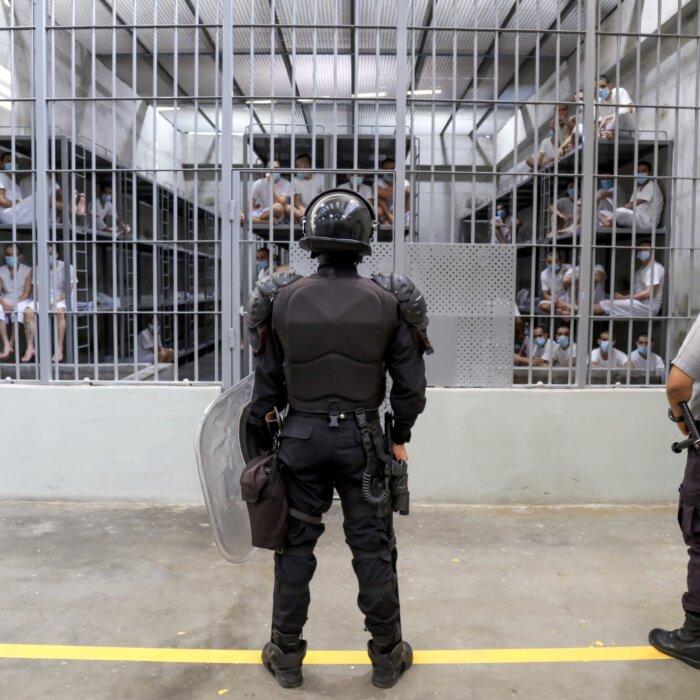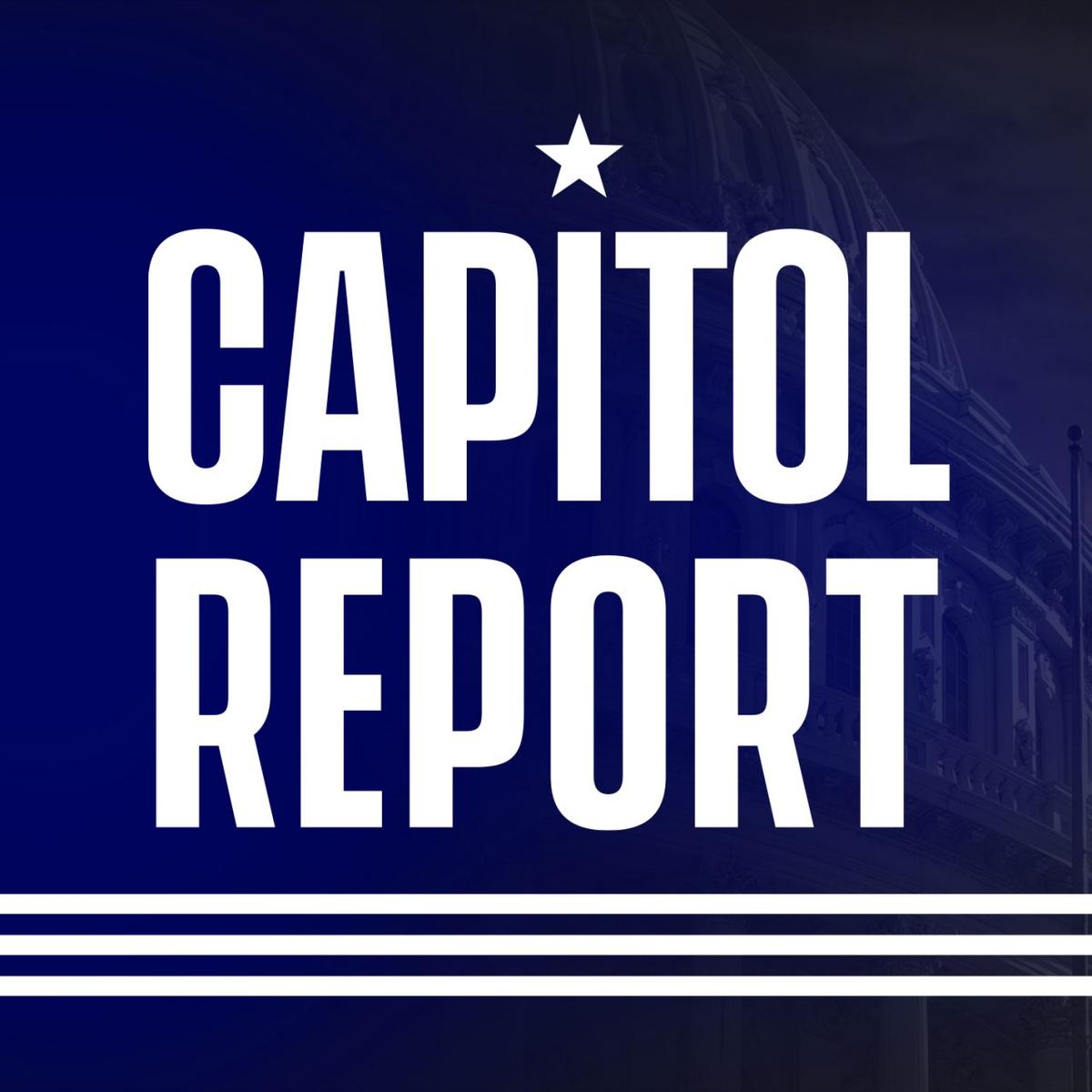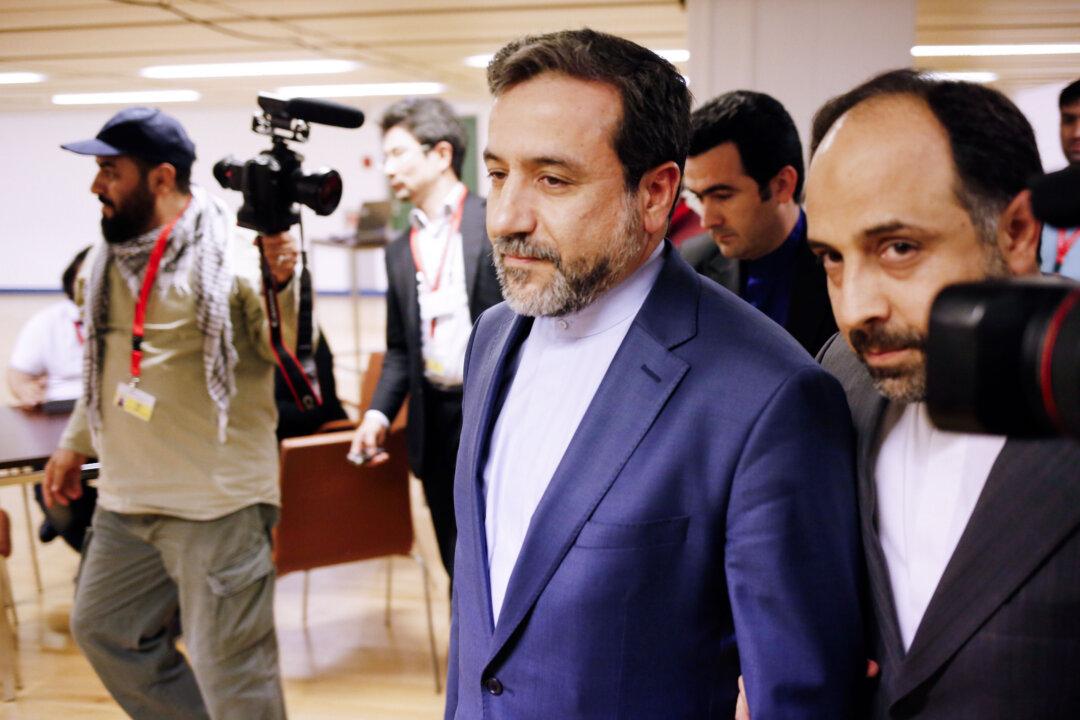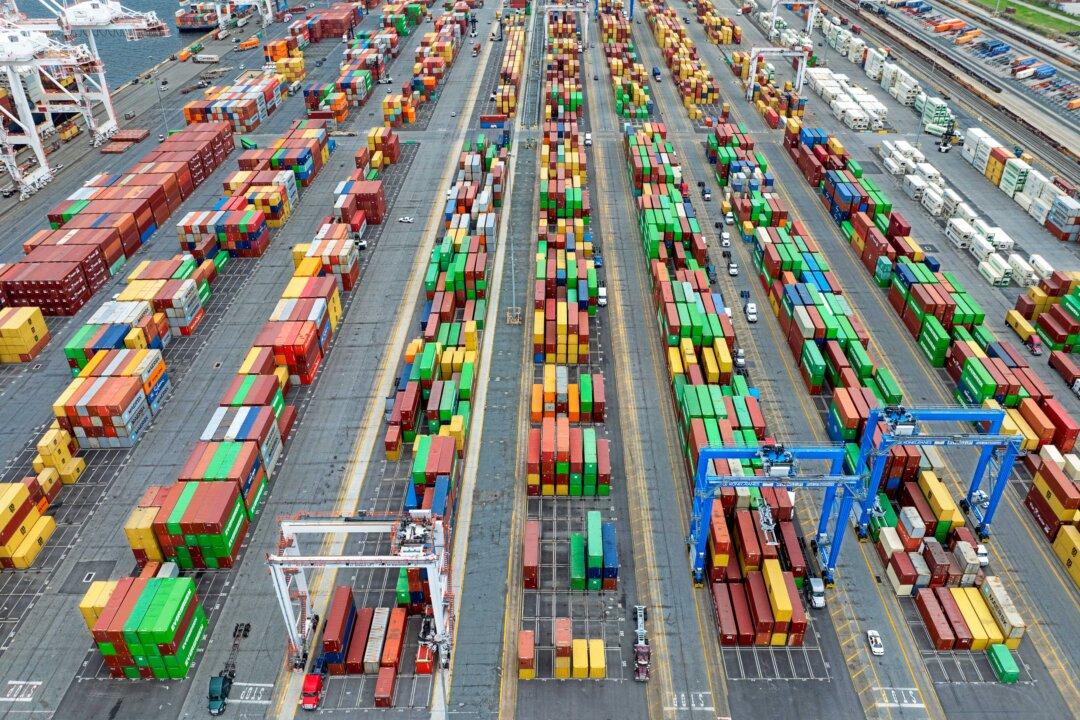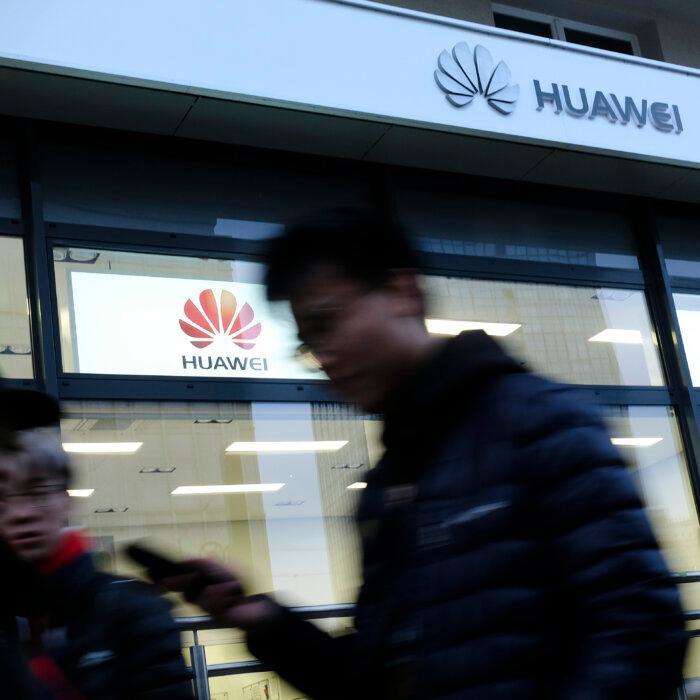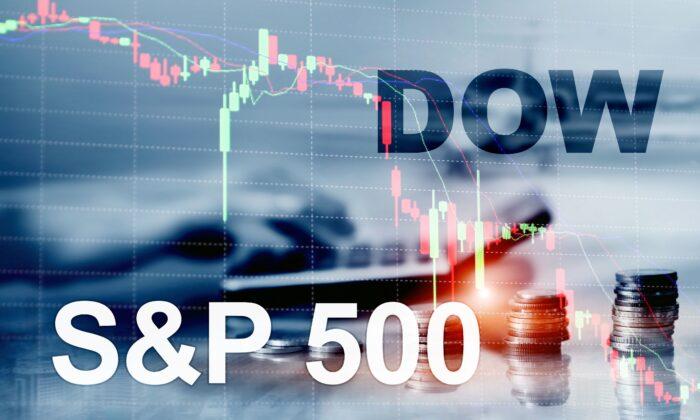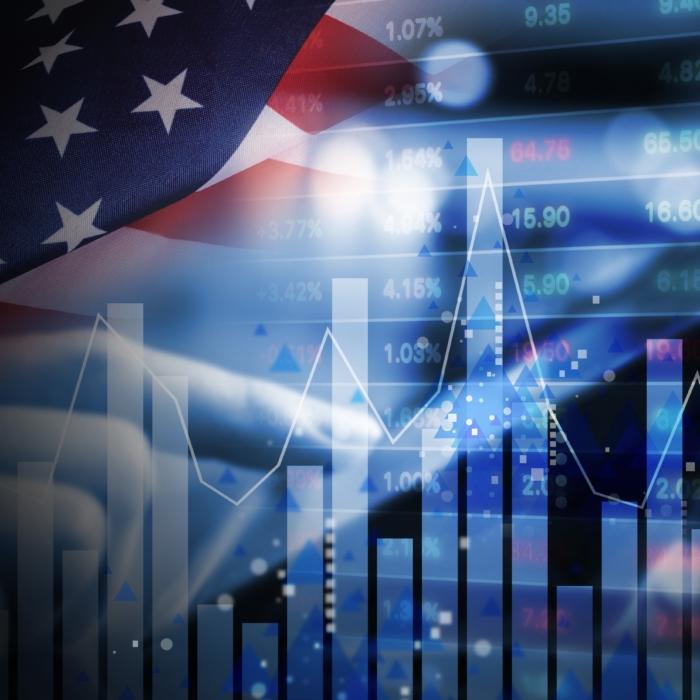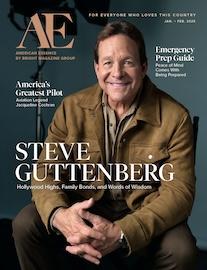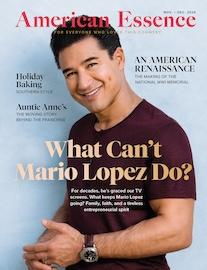Federal Government Freezes $2.26 Billion Funding to Harvard After It Refuses to Comply
The university accused the federal government of trying to impose ‘direct governmental regulation’ on its academic programs.
Trump: Electronics From China Still Subject to 20 Percent Tariffs
Smartphones and other electronics from China can’t escape U.S. tariffs, at least not completely.

Children’s Chapter Books for Spring and Beyond
Are your children looking forward to summer vacation? These new and upcoming children’s books are sure to engage and entertain.

First to Berlin: Virginia Irwin in 1945
In this installment of ‘Profiles in History,’ we meet a talented, fearless journalist, who entered Berlin before Americans were allowed in.

Mail Order Melody
The Sears catalog’s wide reach and affordable guitars made music accessible to everyone.
Most Read
Top Stories
Deported Man Will Not Be Sent Back to US, Salvadoran President Says
White House officials said the deportee is an illegal alien and that El Salvador can decide how to handle him.
Arson Suspect Admitted Hatred Against Pennsylvania Governor, Officials Say
No specific motive has been ascribed for the attack on the mansion, which came hours after the Shapiro family’s Passover dinner.
Trump Admin Says It Lacks Authority to Return Deported Man From El Salvador
The administration cited El Salvadoran President Nayib Bukele’s remarks at the White House on April 14, which ruled out the man’s return.
30 Bills in 37 Years: Guardianship Reforms Stall Despite Decades of Fraud
Fraud and abuse in the U.S. guardianship system will be difficult to address without reliable data to determine proper oversight, say system reform advocates.
Columbia Pro-Palestinian Protest Leader Seeking Citizenship Detained by ICE
The detention of Mohsen Mahdawi comes several weeks after the detention of fellow Columbia activist Mahmoud Khalil, who was an associate of Mahdawi.
Georgia Man Sentenced to 6.5 Years in Prison for Laundering Cartel Money
Prosecutors said the defendant enriched himself via a ‘destructive trade that has brought untold suffering to communities throughout the United States.’
Suspect in Arson Attacks on Tesla, GOP HQ Arrested in New Mexico: FBI
Jamison Wagner, 40, was arrested on Saturday morning, according to court documents.
Mark Zuckerberg Testifies in Opening of Meta Antitrust Trial
The Federal Trade Commission accused the social media company of exercising monopoly power and violating the Sherman Act.
Appeals Court Allows Layoffs But No Dismantling of Consumer Bureau
The order scales back portions of an injunction from a federal judge that sought to block the dismantling of the Consumer Financial Protection Bureau.
California Governor Signs $2.8 Billion Medi-Cal Bailout to Cover Soaring Costs, Including for Illegal Immigrants
The bill authorizes emergency funds to keep California’s Medicaid program afloat as costs surge and criticism mounts over illegal immigrant coverage.
How Head Injuries Can Reshape Personality, Lead to Depression and Suicidal Thoughts
For months or even years after a brain injury, the risk of depression and suicide remains higher.
In New York, Shen Yun Earns Acclaim in 18-Show Sold Out Run
The performing arts company that showcases China before communism has been a target of a transnational repression campaign by the Chinese regime.
Federal Judge Blocks Deportation of 2 Venezuelans Accused of Tren de Aragua Gang Ties
The federal government’s effort to deport alleged Venezuelan gang members has been temporarily halted by a federal judge in Colorado.
Day in Photos: Blue Origin Launch, Sandstorm in Iraq, and Newborn Malayan Tapir Calf
A look into the world through the lens of photography.
Tracking Trump’s High Level Appointments, Senate Confirmations
The Senate is undertaking the confirmation process for the president’s new administration.
UnitedHealthcare Headquarters Intruder Detained, Months After CEO Killed
The Minnetonka Police Department said it had detained an adult male after reports of an intruder near UnitedHealthcare’s Minnesota headquarters.
5 Companies Sue Trump Over Tariffs
The White House has said the duties are needed to offset trade imbalances and to shore up U.S. national security.
Trump Blames Biden, Putin, Zelenskyy for Ukraine War, Says He’s Working to End It
The president urged Russia to ‘get moving’ on a peace deal while emphasizing the devastating human toll of ‘a terrible and senseless war.’
Auto Stocks Rally After Trump Says He’s Considering Giving Help to Automakers
The president recently implemented 25 percent tariffs on automobiles manufactured outside the United States.
US Rents Decline Marginally in March
Austin, Texas, saw the largest decline, with rents dropping by more than 10 percent, followed by San Diego and Portland, Oregon.
The Magical Mushroom Dust You Need in Your Pantry
Blitz dried porcini mushrooms into an umami-packed condiment for deeply flavorful meat rubs.
Special Coverage
Special Coverage





























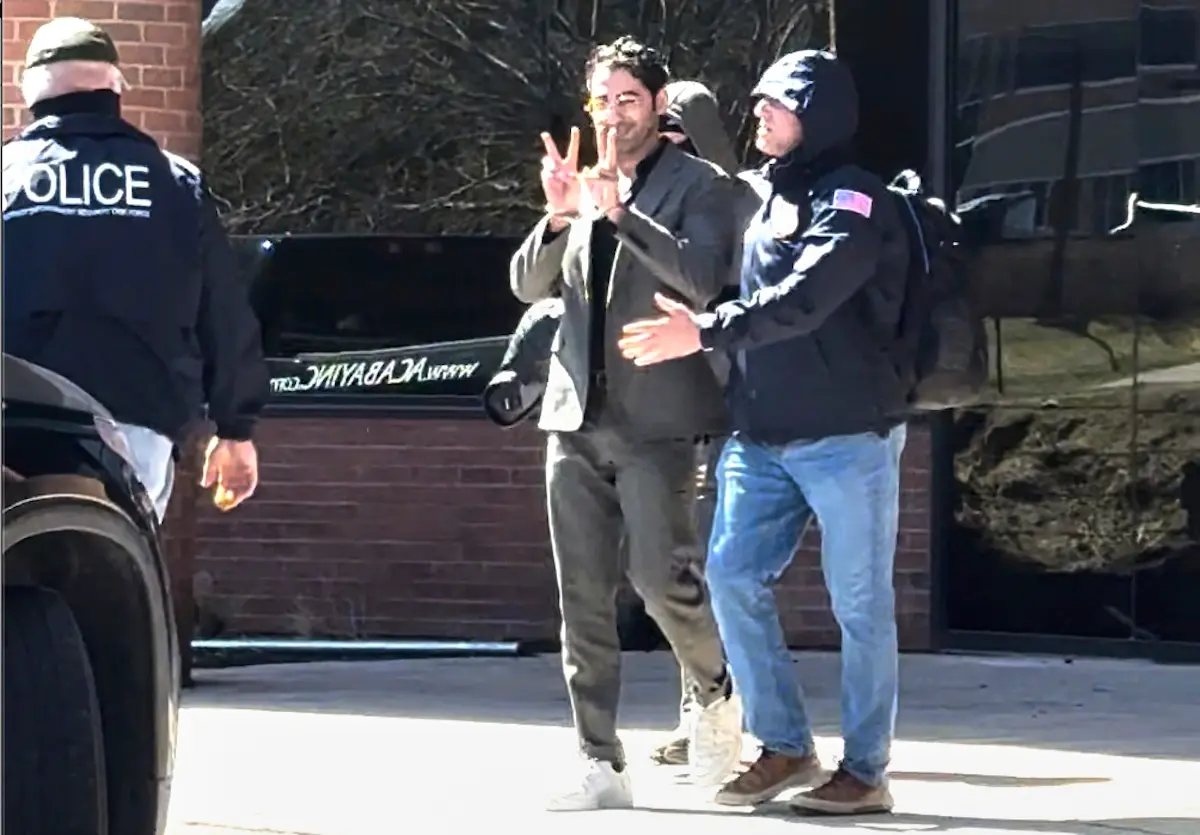











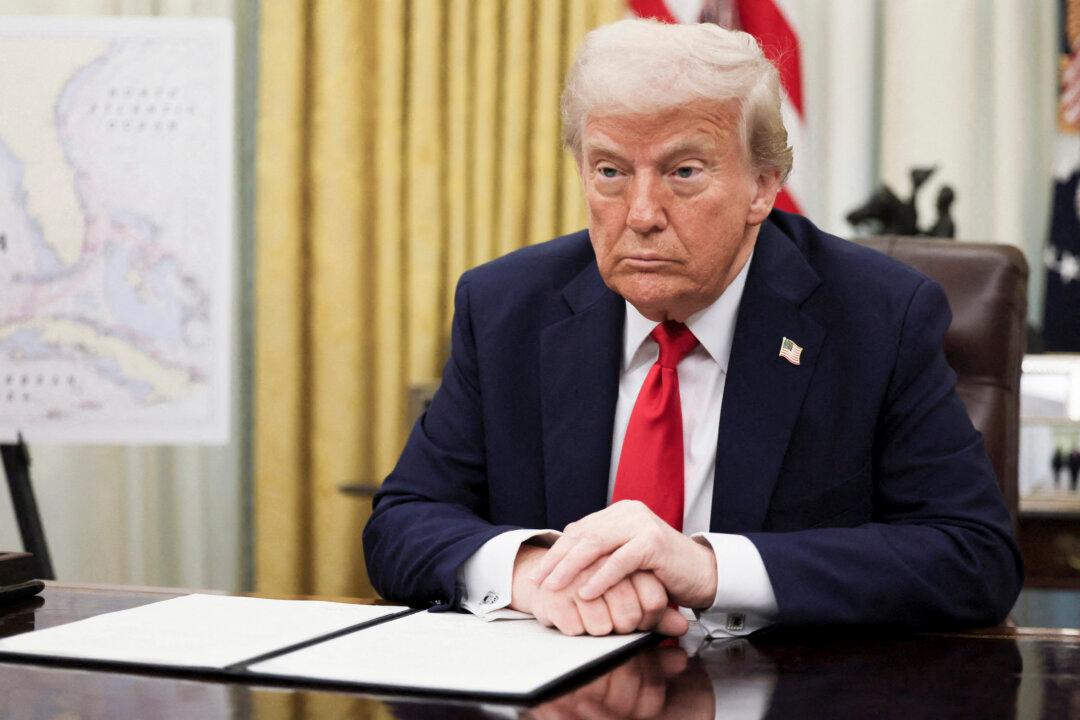




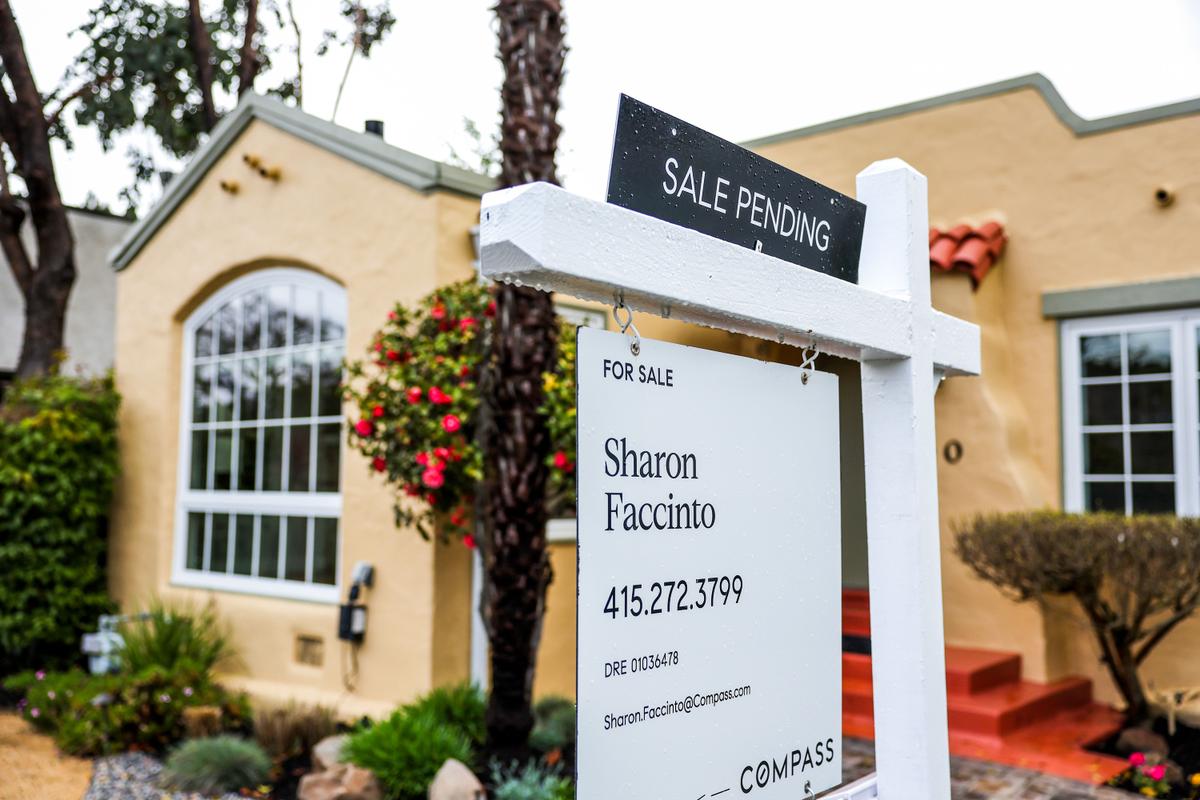












![[LIVE Q&A 04/15 at 10:30AM ET] Trump and Bukele Clarify Circumstances Around Accidental Deportation | Live With Josh](https://www.theepochtimes.com/_next/image?url=https%3A%2F%2Fimg.theepochtimes.com%2Fassets%2Fuploads%2F2025%2F04%2F14%2Fid5841929-041525_REC-600x338.jpg&w=1200&q=75)








